Vinayak Chatterjee
At a Planning Commission meeting chaired by the prime minister on April 22, 2011 to give shape to the 12th Plan, Jairam Ramesh set the cat among the policy-cum-growth pigeons.
His view was that the plan panel's ambitious goal to add 100,000 Mw to India's power-generation capacity during the 12th Plan (2012-2017) was "ecologically impossible" considering that 90 per cent of the proposed target was coal-based.
Not only would this lead to a large increase in green-house gases but it would also involve extensive mining over vast areas of forest and tribal land.
Never in the recent past has the "growth-versus-sustainability" debate been as sharp.
...
Should India explore hydro-power for energy needs?
Image: Gas was expected to be a major contributor to energy requirements.Gas was expected to be a major contributor with considerable reserves identified and was also expected to meet part of the peaking requirement over time. Gas is, however, facing hurdles on two counts - availability and price.
Gas production has not ramped up as expected and increasing prices are likely to render it uncompetitive. The logistics of inland movement also pose a challenge.
There is, therefore, uncertainty on who is getting how much gas and at what price. All these are likely to dampen enthusiasm towards investing in capital-intensive gas projects.
...
Should India explore hydro-power for energy needs?
Image: Share of hydro-power has been falling.So that leaves us with hydro-power - in which, thankfully, we have a large amount of potential availability within the country and in the neighbourhood. Unfortunately, in spite of the potential, the share of hydro has been consistently falling, after having peaked in the Nehruvian era.
My colleague, Manpreet Dhingra, who is passionate about hydro, never fails to point out the five reasons hydro should be promoted.
...
Should India explore hydro-power for energy needs?
Image: Hydro projects can provide multi-purpose benefits.i) Peaking capacity: It is the best option to meet the peaking requirements of the country's demand. Gas, while eminently suitable for addressing peaking demand, is constrained.
ii) Carbon footprint: Hydro power clearly provides an effective mitigant to counter the high carbon footprint embedded in fossil fuel usage.
iii) Energy security: Nothing can take away the need to reduce the dependence on sources outside the country.
iv) Multi-purpose benefits: Hydro projects can provide multi-purpose benefits to the country with benefits accruing for both irrigation and flood control.
v) Life-cycle: Economically, these plants are far more attractive on account of their longevity and limited maintenance requirements. Bhakra Nangal remains a shining example of this.
...
Should India explore hydro-power for energy needs?
Image: India has been blessed with hydro potential.Thus, with an unrealised potential of around 176,000 Mw of hydro power within Indian boundaries and its neighbours, it is paramount that we address the task of harnessing this potential.
...
Should India explore hydro-power for energy needs?
Image: Hydro-power can boost India's energy output.With capital costs more than double that of thermal plants and levels of operations half that of thermal plants, developers correctly question the ability to sell power at resultant tariffs from these projects.
A tariff comparison, however, needs to consider the following:
i) Coal or gas plants forced to operate as peaking plants in the absence of hydro capacity inevitably lead to higher effective tariffs.
ii) Likely increase in cost of domestic coal in the near future on account of factors such as inflation, tougher mine blocks and import parity.
iii) Expected blending of imported coal to the extent of 30 per cent - as advised by the Central Electrical Authority.
iv) Likely increase in gas prices.
...
Should India explore hydro-power for energy needs?
Image: Hydro projects are economically beneficial.These reasons need to be considered by the state governments and regulators while deciding on procurement of capacity.
It is indeed ironic that a large portion of the Indian potential mentioned earlier stands allocated - by fair means or otherwise.
Therefore, the focus of the government clearly needs to be directed towards ensuring that these projects are made to happen.
...
Should India explore hydro-power for energy needs?
Image: Government should take a holistic view on environment.Sovereign and state governments concerned should also take a holistic view on environment and clearances on these projects and inform developers upfront on the issues and likely mitigation.
If no mitigation is possible, such projects should be taken back and not be allowed to be used for rent-seeking purposes.
...
Should India explore hydro-power for energy needs?
Image: Clear and transparent framework will help the projectsA clear and transparent framework and guidelines for hydro-power procurement from within the country and from our neighbours would further ease the way for "sale of power" and, therefore, financial closure and implementation.
Finally, rapid implementation of transmission infrastructure for evacuation from remote areas needs to be undertaken on a war footing.
Private companies have been allocated around 50,000 Mw or little over 50 per cent of the total allotted projects.
...
Should India explore hydro-power for energy needs?
Image: Hurdles in the path of implementation should be removed.However, less than 10 per cent have reached construction stage. This is in direct contrast to the thermal sector in which about 39 per cent of the capacity addition in the 11th five year plan (up to December 2010) has been commissioned by the private sector.
Many would accuse the private sector of license-cornering behaviour.
Though the Nehruvian vision, dynamism and energy for the implementation of hydro-electric projects may be too much to ask for, a clear focus on removing implementation hurdles is in the interest of all of us living in the sub-continent.
The writer is the chairman of Feedback Ventures. These views are personal

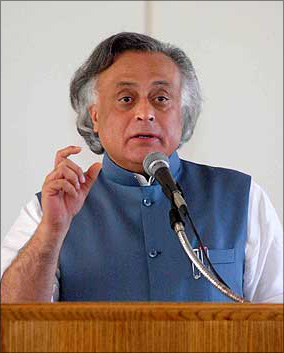
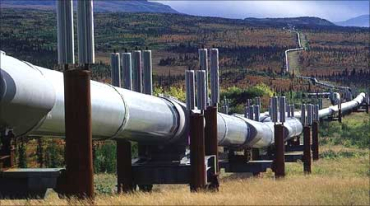
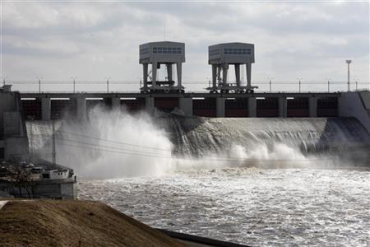
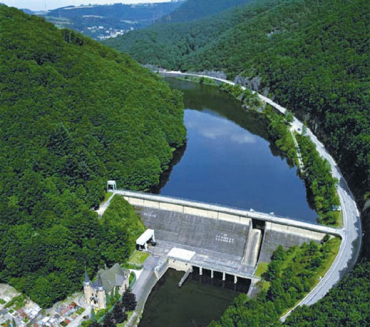
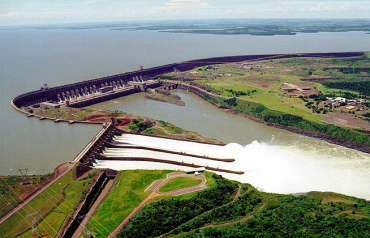
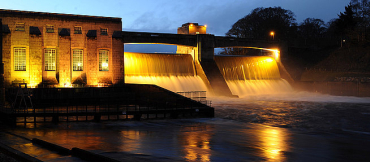
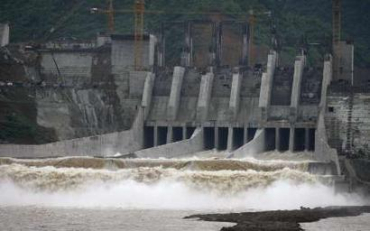
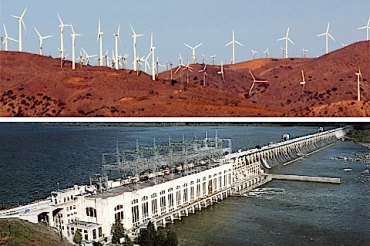
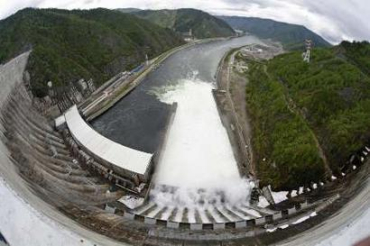
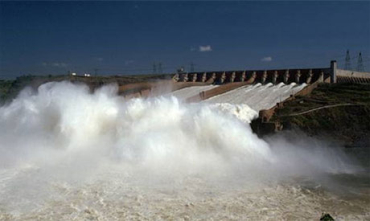

article